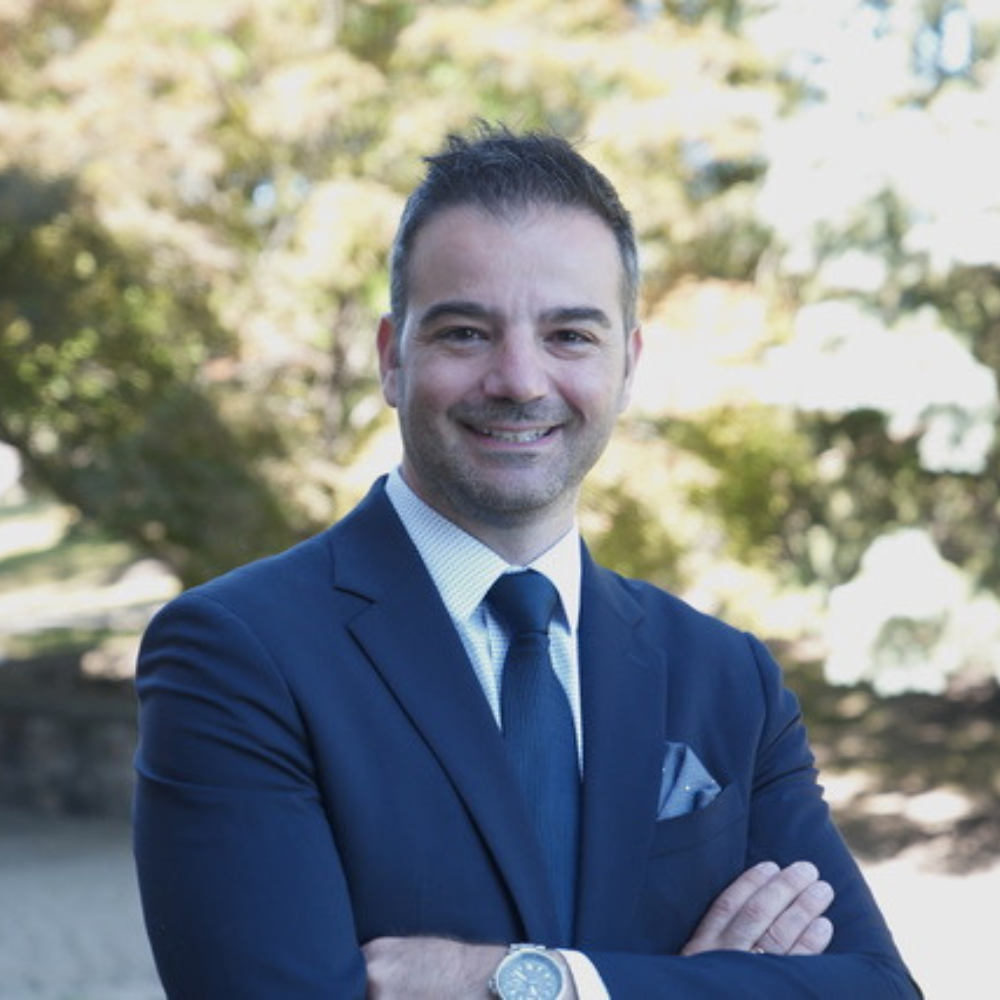Spring Meeting
April 8, 2025 at 6pm at UCL
REGISTER NOW
Pre-registration has closed. The payment for the event is $375 at the door. Also, be aware that our cancellation policy offers a full refund only if the cancellation is made at least two weeks before the meeting
Dr. Konstantinos Chochlidakis
Dr. Konstantinos Chochlidakis is Professor of Prosthodontics, Periodontics and Implant Surgery and the Program Director of the Prosthodontic Postgraduate Training Program at Eastman Institute for Oral Health (EIOH), University of Rochester, NY. He is a Diplomate of the American Board of Prosthodontists (FACP), Fellow of the American College of Prosthodontists (ACP), Fellow of the International Team for Implantology (ITI), Fellow of the Academy of Prosthodontics (AP) and holds several memberships in other dental organizations. Dr Chochlidakis is a Director of the Education Foundation of the American College of Prosthodontists (ACPEF) and the Vice President of the American College of Prosthodontists Western NY section. Dr Chochlidakis has received the Glen P. McGivney Scientific Writing Award for Systematic Review, the Iranpour Award for Excellence in Clinical Education in 2022 and the ACP Distinguished Researcher Award in 2023. Dr Chochlidakis is a Director of the Editorial Council of the Journal of Prosthetic Dentistry and has authored more than 60 scientific articles, abstracts and book chapters in peer-reviewed journals and textbooks and is lecturing nationally and internationally on several topics related to digital dentistry and implant prosthodontics.
Treatment planning considerations & techniques in terminal dentition and full-arch rehabilitations.
Konstantinos Chochlidakis DDS, MS
Program Director of the Prosthodontic Postgraduate Training Program at Eastman Institute for Oral Health (EIOH)
Nowadays we are treating many patients with more complex situations than before. Different approaches exist for treating terminal dentition patients with dental implants such as extraction of all failing teeth with either removable provisionalization or immediate implant placement and loading. Alternative modalities include the staged approach which includes selective extractions and keeping strategic teeth for fixed teeth provisionalization and eventually transitioning the terminal dentition to complete-arch implant rehabilitation. In this presentation we will describe an algorithm with the treatment planning rationale of “extracting versus saving teeth” in patients with compromised dentition and describe the “step by step” conventional and digital workflows for the full-arch implant rehabilitation of terminal dentition cases. Clinical recommendations and conclusions will be drawn for predictable long-term outcomes.
LECTURE OBJECTIVES
At the conclusion of this session, attendees should be able to:
1. Understand where we draw the line in terminal dentition cases (extract vs maintain)
2. Understand the conventional and digital workflows in terminal dentition cases
3. Understand the advantages of digital technology in full-arch implant rehabilitations
